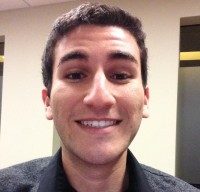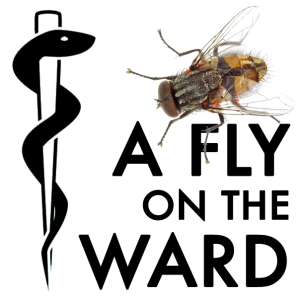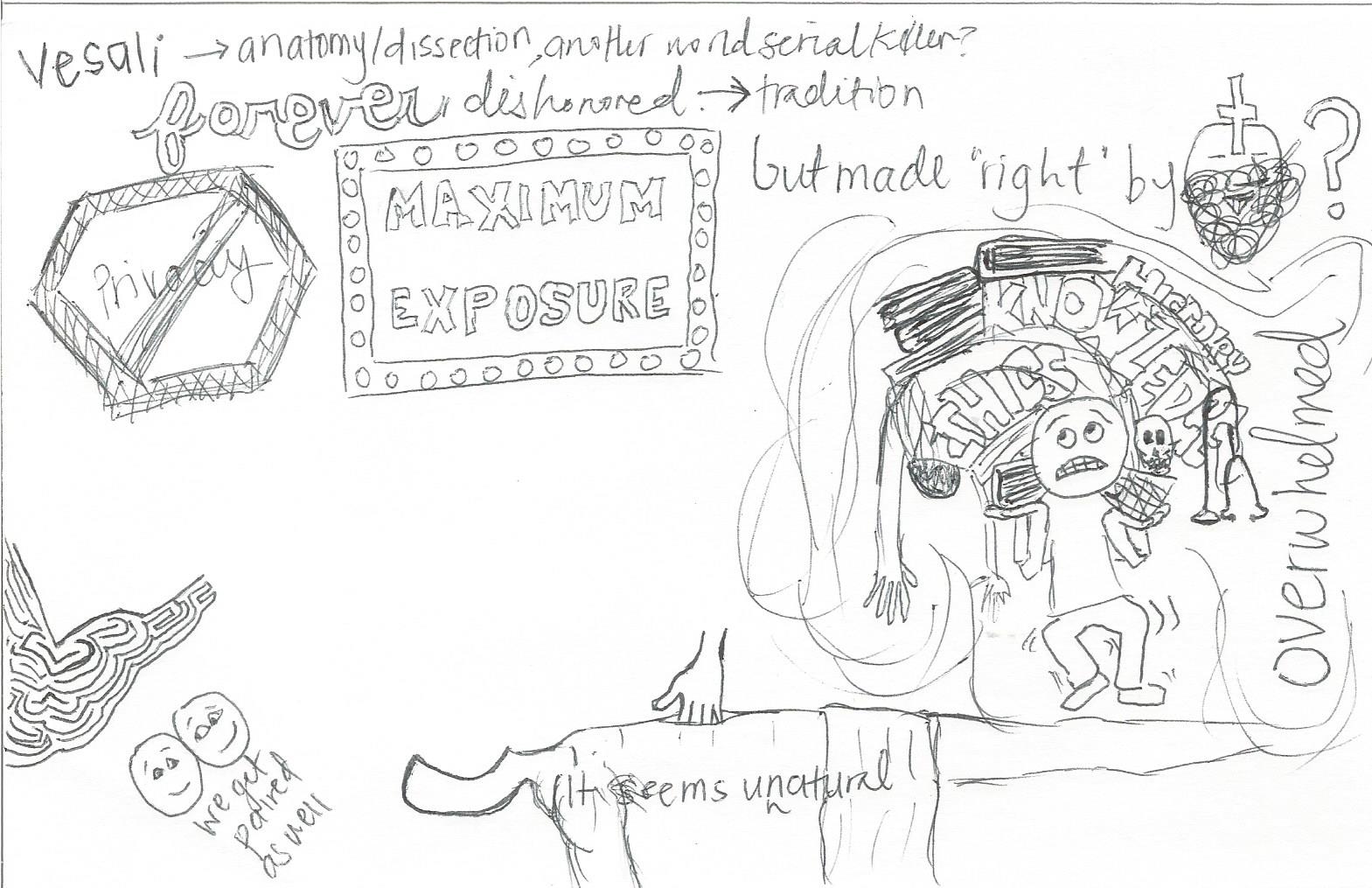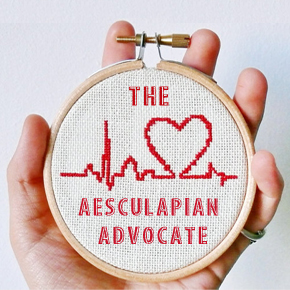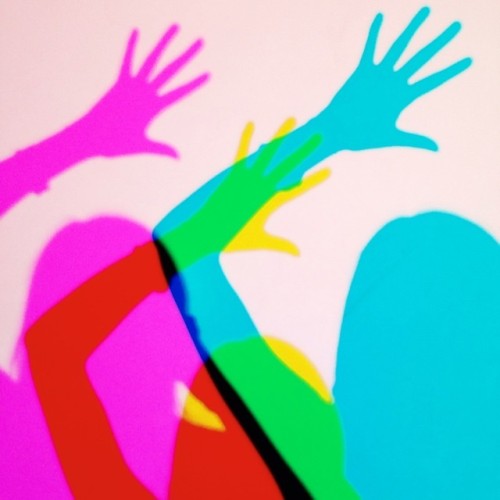A True Story About Contrast: When Allopaths and Naturopaths Collide
I had plenty of time to board the plane, so I casually lounged around in the airport, waiting for the last call to board. He, on the other hand, was frantic because he thought he was going to miss his connecting flight. He barely made it onto the plane, and this is when two worlds collided. I had plenty of time to spare, while he was in a time crunch — this represents the first contrast in a story about contrast.

